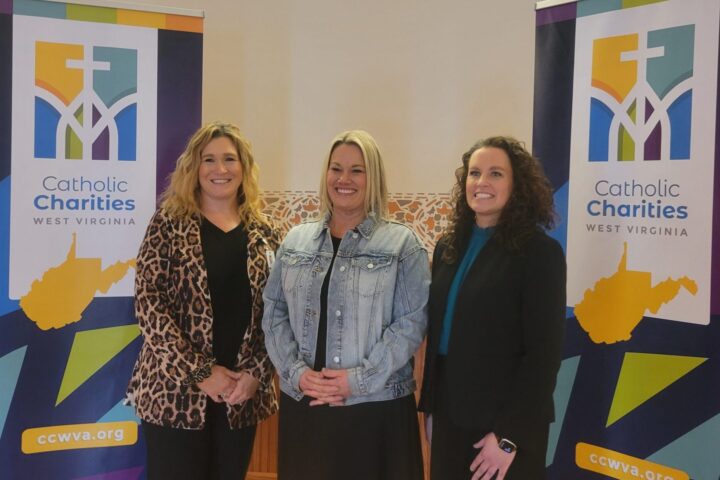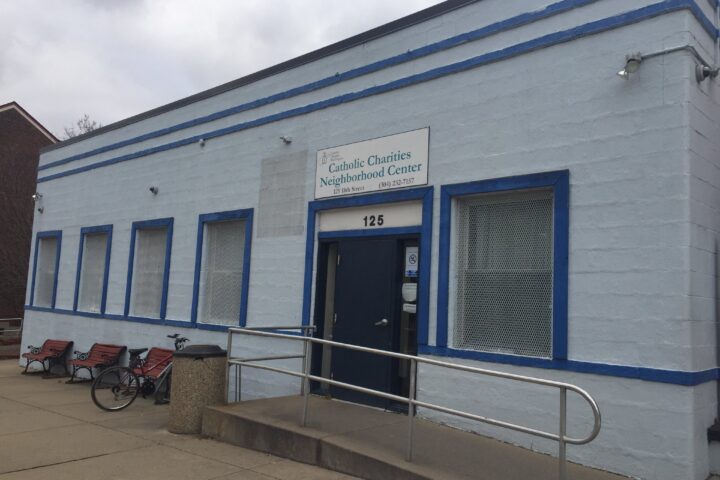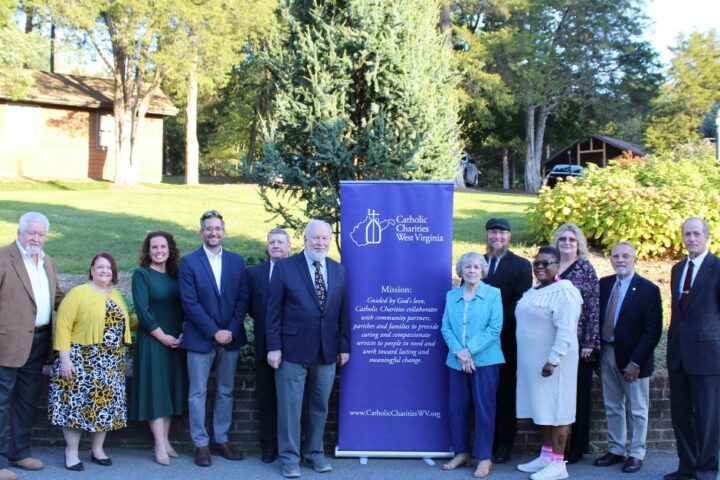As Congress explores changing federal programs that help bring health care to Americans, the Catholic Bishops’ Conference has urged the negotiators “to work in a bipartisan fashion to protect vulnerable Americans and preserve important gains in health care coverage and access.”
We are especially concerned about proposals to alter the financing of the Medicaid program so that its funds are capped by state or by each person enrolled (called “block grants” or “per capita caps”). These proposals – as seen so far in Congress – do not fulfill the bishops’ goals. A recent block grant and per capita caps legislative proposal passed by Congress in 2016 (but vetoed by President Obama) would have cut more than a third of the federal Medicaid budget.
West Virginia is arguably the state that could lose the most from such cuts. Medicaid serves more than 546,000 thousand people, a third of the state population.[i] (For comparison, about 417,000 were enrolled in Medicare in the same year.[ii]) In fact, there are very few West Virginians who do not have a family member or know a neighbor who counts on Medicaid to help them handle high bills for critical health care services. Besides covering many hard-working adults without an affordable offer of health insurance through their jobs, the program also aids middle-class families with paying for needed treatment of relatives.
While Medicare is associated with seniors, it is Medicaid that pays for more than half of long-term care for elderly and people with disabilities, including help to many middle-class families with elderly parents and relatives in need of expensive nursing home care or who need home- or community-based services to live independently longer. Medicaid also helps pay premiums and out-of-pocket costs in the Medicare program for many seniors with limited retirement incomes. Medicaid provides needed financial support to poor families and middle-class families with children or other family members with disabilities.
Medicaid invests in our children’s future. The largest group of Medicaid enrollees is children. In West Virginia, Medicaid provides necessary preventive care and treatment to 195,000 kids.[iii] No other program has a greater role in improving public health outcomes among West Virginia children –screening for health problems and treating conditions before a child’s progress in school and development is set back.
Catholic Charities WV certainly wants supports for the elderly, for children, for those with disabilities to continue at current levels. While motivated by Christ’s compassion, the Catholic Church, and the faith community in general, also are aware of the economic impact of the arrival of federal funds into the Mountain State.
Since West Virginia implemented the Medicaid expansion, our state has gained 6,200 jobs in health care and social assistance while the private sector, as a whole, has lost 5,400 jobs.[iv] Medicaid federal dollars also generate new business activity and jobs for individuals not directly associated with health care. For example, health care employees spend part of their salaries on new cars, which adds to the income of employees of auto dealerships, enabling them to spend part of their salaries on washing machines, and so on.
At a time of fiscal crisis in our state, such economic contributions cannot be ignored. In an era of challenges to the well-being of West Virginia’s elderly and young, a large decrease in Medicaid federal revenue undercuts our ability to protect vulnerable citizens. We should care for those who have already contributed to our society during their lifetimes, and we should foster the health of those who will be the future builders of our state. We pray our Congressional delegation will maintain the flow of Medicaid dollars to West Virginia.
Fr. Brian O’Donnell Mark Sliter
Executive Secretary Executive Director
Catholic Conference of WV Catholic Charities WV
[i] West Virginia Bureau for Medical Services, State Fiscal Year 2015 Annual Report (Charleston, WV: March 2016, WV Department of Health and Human Services) http://www.dhhr.wv.gov/bms/BMSPUB/Documents/BMS%20Annual%20Report%202015%20Final%20approved%20version.pdf(last accessed February 9, 2017).
[ii] Kaiser State Health Facts, Total Number of Medicare Beneficiaries, 2015. http://kff.org/medicare/state-indicator/total-medicare-beneficiaries/?currentTimeframe=0 (last accessed February 9, 2017).
[iii] Tony Atkins, Deputy Commissioner, Division of Finance and Administration, Bureau of Medical Services, West Virginia Department of Health and Human Services. Powerpoint presentation to the West Virginia Medicaid Coalition, Medicaid Financial Update, November 17, 2016. Slide 10. Powerpoint on file with the author and available from West Virginians for Affordable Health Care.
[iv] See Kathleen Stoll and Ted Boettner, Repealing the ACA for West Virginia, Reversing Progress in Health Coverage and Increasing Economic Problems, January 2017. See figure 4. http://www.wvpolicy.org/repealing-the-affordable-care-act-hurting-our-health-and-our-economy/ (last accessed February 9, 2017).



